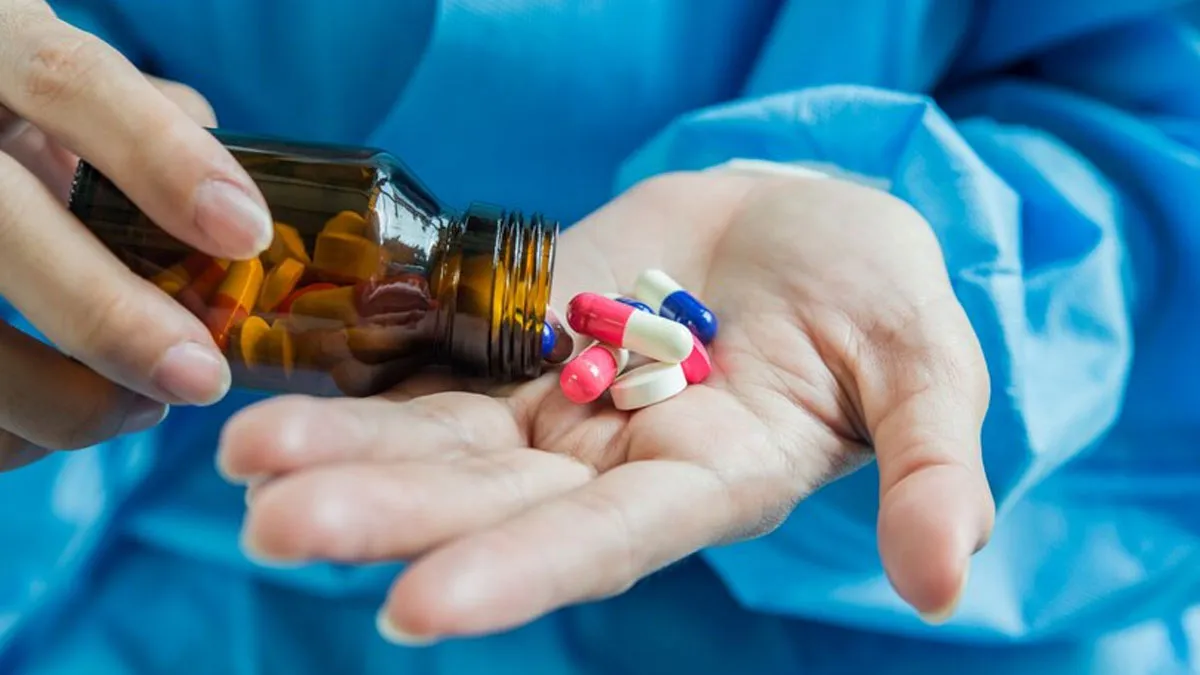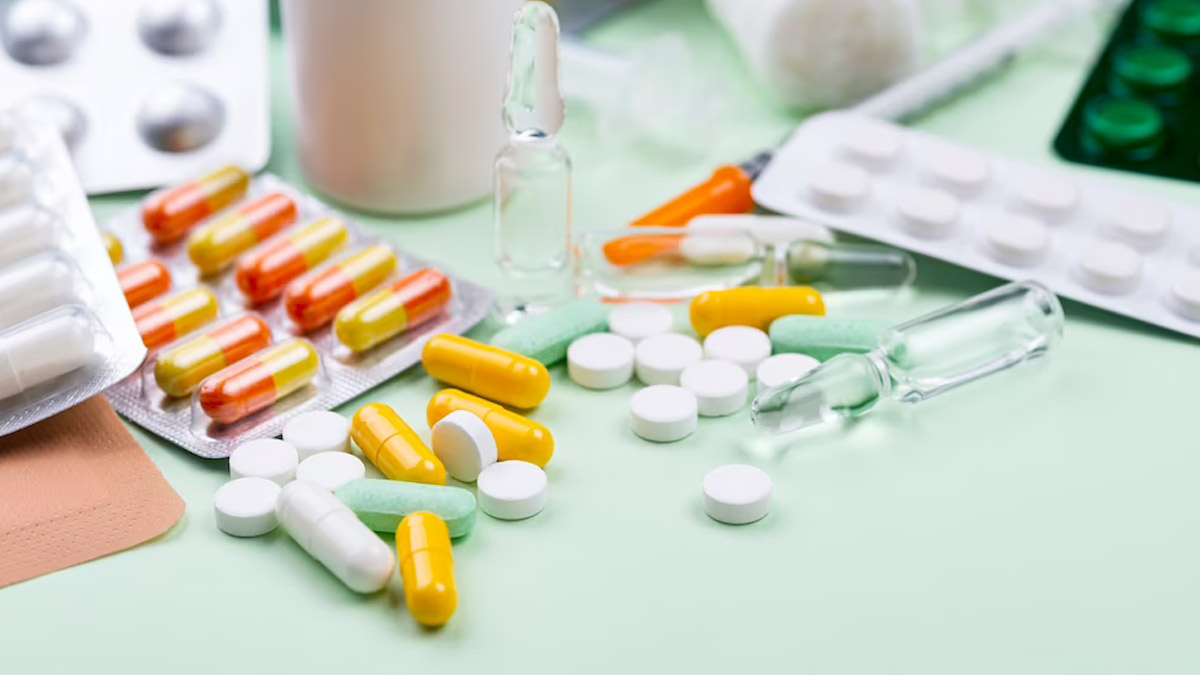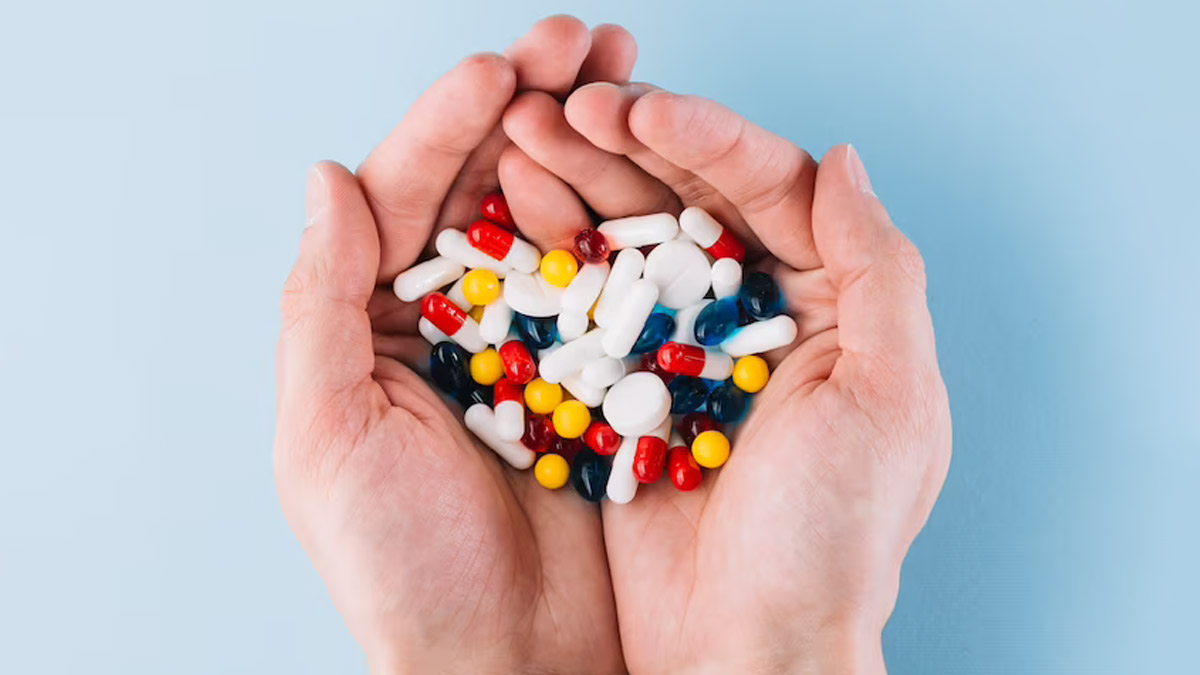
Just imagine, you’ve just finished a course of antibiotics, you’re likely feeling much better than when you started, and that’s amazing for your health and well-being! But what about your body’s recovery after those powerful medicines have done their job? You might be surprised to know that what you eat can actually play a significant role in getting you back to your best.
Table of Content:-
Antibiotics are fantastic at fighting off harmful bacteria. However, they can also affect the good bacteria that live in your gut. In an exclusive interaction with us, our expert, Dr Shrey Kumar Srivastav, Senior Consultant and General Physician at Sharda Hospital - Noida, explained, stating an example to think of your gut as a bustling city filled with trillions of tiny residents, many of whom are helpful and keep things running smoothly. These good bacteria help with digestion, absorb nutrients, and even support your immune system.
“When you take antibiotics, it’s like a temporary disruption in that city. Some of the good guys can get caught in the crossfire along with the bad ones. This imbalance in your gut bacteria is why some people experience side effects like diarrhoea or an upset stomach during or after antibiotic treatment,” he highlighted.

So, how can your diet help things get back to normal? Here are a few ways, according to Dr Srivastav:
1. Feeding the Good Guys: Probiotics and Prebiotics
Think of probiotics as adding new helpful residents to your gut city. These are live microorganisms, often found in fermented foods like yogurt (look for "live and active cultures"), kefir, sauerkraut, and kimchi. Eating these foods can help replenish the good bacteria that may have been reduced by the antibiotics.
Prebiotics, on the other hand, are like the food that keeps the good bacteria happy and thriving. These are types of fibre that your body can’t digest, but your good gut bacteria can. Foods rich in prebiotics include:
Garlic
Onions
Asparagus
Bananas (especially slightly green ones)
Oats
Apples
Including both probiotics and prebiotics in your diet can create a supportive environment for your gut to recover.
2. Easy-to-Digest Foods
While your gut is recovering, it might be a little sensitive. Choosing foods that are easy to digest can help prevent further irritation. Opt for things like:
Cooked vegetables
Soft fruits (like bananas and applesauce)
White rice
Oatmeal
Broth-based soups
These foods are gentler on your digestive system and allow your body to focus on healing.

3. Staying Hydrated
Drinking plenty of fluids is always important, but it’s especially crucial after antibiotic treatment. Water helps with overall bodily functions and can also help if you’ve experienced any digestive upset.
4. Limiting Irritating Foods
Just as some foods can help, others might hinder your recovery. Consider temporarily limiting:
Processed foods: These can be high in unhealthy fats and additives that might not be great for your gut.
Sugary drinks and foods: These can sometimes feed less beneficial bacteria in your gut.
Alcohol: It can irritate your digestive system.
Very spicy foods: These can also upset your stomach.
Bottomline
While antibiotics are essential for treating bacterial infections, taking care of your gut health afterwards is important for a full recovery. By focusing on a balanced diet rich in probiotics and prebiotics, choosing easy-to-digest foods, staying hydrated, and limiting potential irritants, you can help your body bounce back more effectively.
[Disclaimer: This article is for informational purposes only. Remember to always listen to your body, and if you have any specific concerns about your diet after antibiotics, it’s always a good idea to chat with your doctor or a registered dietitian. They can provide personalised advice based on your individual needs.]
Also watch this video
How we keep this article up to date:
We work with experts and keep a close eye on the latest in health and wellness. Whenever there is a new research or helpful information, we update our articles with accurate and useful advice.
Current Version